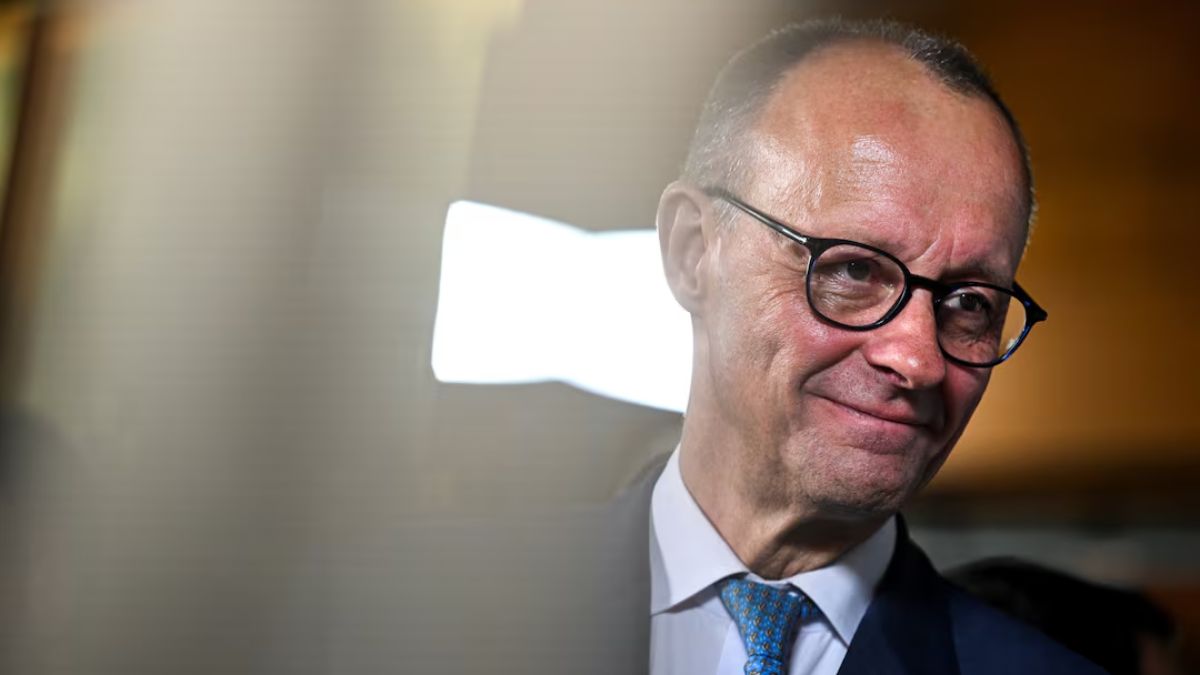In Germany, the final votes are in and the results have been announced in favour of the CDU/CSU bloc and its leader, Friedrich Merz.
However, winning the elections was the easy part. Merz and his government have a rocky road ahead — from tricky relations with the Donald Trump administration to reviving a stuttering economy. Merz will have to put in a lot of hard work to fulfil his promise of building a “Germany we can be proud of again.”
Here are some of the issues that the government will face.
Issue of illegal immigrants
Germany, like many other nations, has been facing an influx of illegal migrants. As chancellor, his first job will be to close the country’s borders to undocumented migrants.
A string of deadly attacks have shaken public confidence and Merz has vowed a “zero tolerance” law and order drive and promised to detain rejected asylum seekers awaiting deportation. Some of his plans may be diluted in lengthy coalition talks that could include the Social Democrats and Greens, but all parties support tougher rules.
A more radical change would have to be worked out at the European level, however, if the next chancellor wants more fundamental changes to the bloc’s immigration regime. Action is seen to be crucial after the last government gained a reputation for squabbling and failing to get things done.
Stability and prosperity
After two years of consecutive recession, the world’s third-largest economy is in a slump, with little hope for immediate recovery.
Most election candidates agreed Europe’s top economy must rebuild its creaking infrastructure, speed up a halting digitalisation drive and slash red tape. The parties made competing campaign proposals to invest in new technology and get Germany’s manufacturing sector going again. But there are big obstacles, including the threat of trade hostilities with the United States.
Tricky relations with United States
Since returning to the White House, Trump has rattled allies with threats and executive orders that have sparked fears of worse to come.
His outreach to long-isolated Russia to end the Ukraine war over the heads of Kyiv and European states has sparked concern over the future of the NATO alliance.
Germany has been rattled more than most, having built its post-war prosperity under the US-led security umbrella. It has long considered America as its bedrock ally.
But Trump has berated Germany over its trade surplus, defence spending and cultural issues, while his ally Elon Musk strongly backed Germany’s far-right AfD.
Merz has argued Berlin must be a “strong voice” in a united Europe so the bloc can deal confidently with Trump.
Merz, who has a strong business background, has signalled confidence he can make a deal with the mercurial US president whom he has characterised as “predictably unpredictable”.
Ukraine and defence
In the Ukraine war, now entering a fourth year, Germany has been Kyiv’s second-biggest backer against Russia, behind only the United States. But Trump upended the US stance with overtures to Russian President Vladimir Putin and by labelling Ukraine’s President Volodymyr Zelensky a “dictator”.
Particularly difficult for cautious Germans is the possibility of having to shoulder the burden of keeping the peace in Ukraine after any potential ceasefire. Outgoing Chancellor Olaf Scholz and Merz have pushed back any discussion of sending troops to Ukraine – but a decision may become unavoidable.
Just as Berlin wants to keep backing Ukraine’s military, it will have to boost its own forces — particularly if the United States is less willing to play an active role on the continent.
Years of underinvestment have left the Bundeswehr in an unenviable state, and the main parties agree that even a recent major spending boost will not be enough to put German forces on a good footing.
Trump has called for European NATO allies to spend five per cent of GDP on defence, a figure that is a little rich for politicians in Berlin, who have remained vague on how much is enough.
The sums involved might exceed Germany’s strict debt limits, in which case the parties might have to agree on a way around them – a step which was hard to conceive until recently.
With inputs from AFP
)